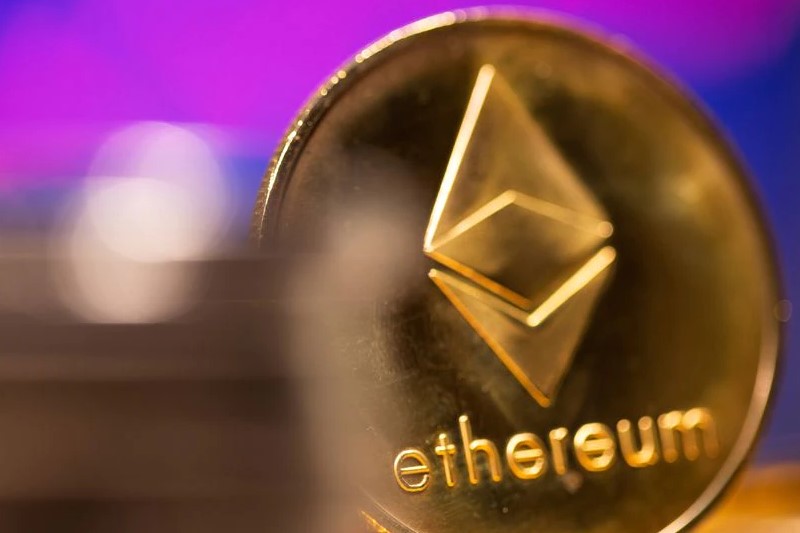GLOBAL - Ethereum's development community is currently weighing a significant change proposed by co-founder Vitalik Buterin. The proposal suggests a 33% increase in the network's gas limit, which is intended to enhance the platform's transaction capacity. This move has sparked a debate among developers, with several expressing concerns about the potential consequences for the blockchain's size and network performance.
On Thursday, Buterin put forward the idea of increasing the gas limit, a parameter that determines the computational effort required to execute operations like transactions and smart contracts on the Ethereum network. A higher gas limit could allow more transactions per block, potentially reducing fees and wait times for users.
However, developers such as Marius van der Wijden and Péter Szilágyi have raised important issues regarding the impact of a gas limit increase on the blockchain's state growth. The Ethereum blockchain's size is already substantial at 267GB, and a larger gas limit could exacerbate the challenges associated with smart contract data processing and node synchronization.
Martin Köppelmann added to the discussion by highlighting the potential need for higher bandwidth to accommodate the increased volume of transactions that a higher gas limit would entail.
To mitigate these concerns, the community is considering several technical solutions. Among these is EIP-4444, which proposes an expiration mechanism for chain history, potentially reducing the amount of data nodes need to store. Additionally, EIP-4844 introduces the concept of "blobs," a way to store rollup data that could help optimize data availability without significantly impacting the blockchain's size.
As the community deliberates on the proposed gas limit increase, the outcome will be closely watched by stakeholders in the Ethereum ecosystem.
This article was generated with the support of AI and reviewed by an editor. For more information see our T&C.
